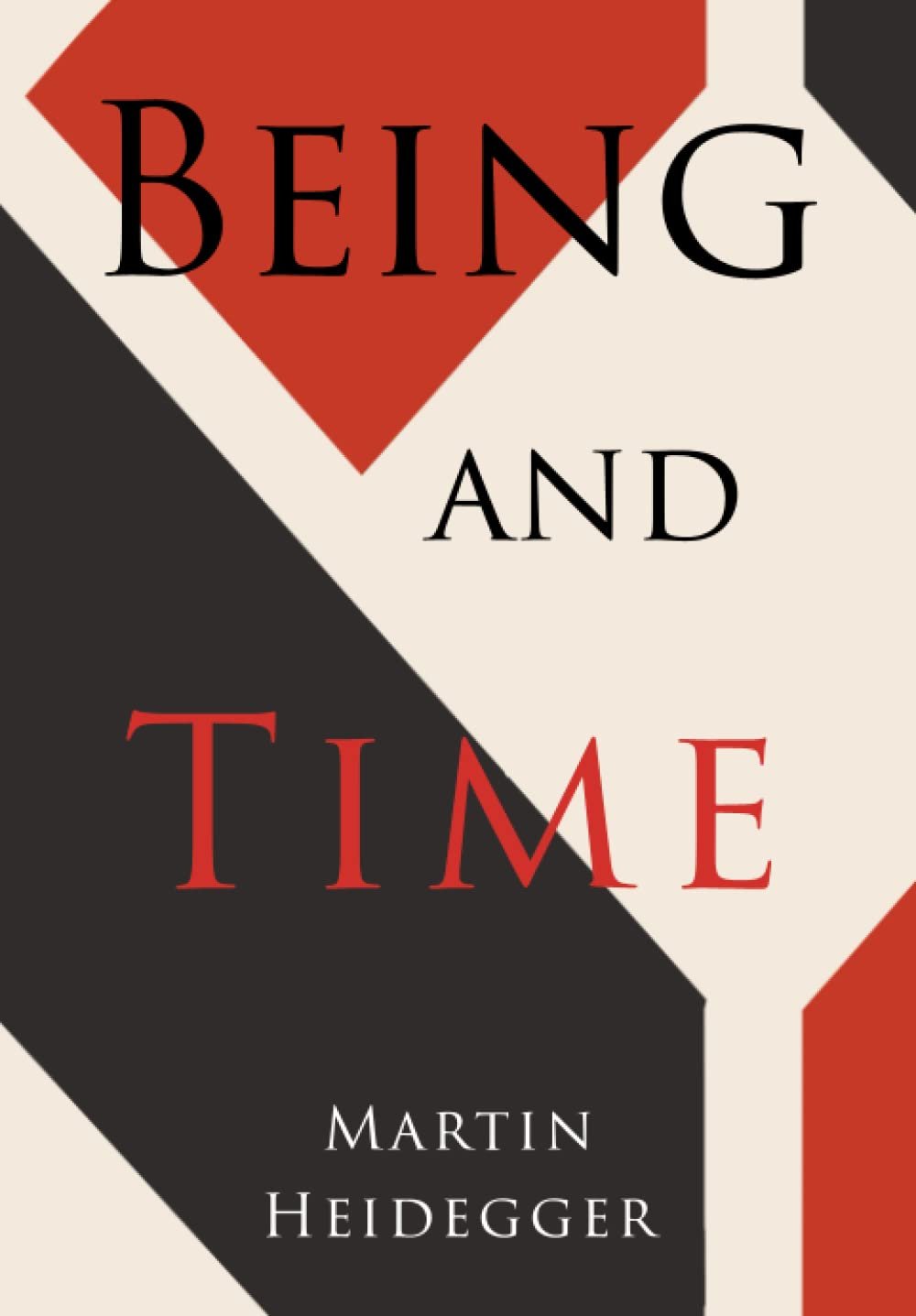Suggested edition: Martin Heidegger, Being and Time, trans. John Macquarrie and Edward Robinson, 2019 reprint edition.
(This is the least expensive and most widely available edition. Other editions/translations may be used, but page references in seminar will refer to this one, as does the pagination of the reading schedule below).
Reading Schedule
Week 1: Orientation to the text, Jan. 11
Week 2: Introduction (p. 21-64), Jan. 18
Week 3: Division 1, Chapters 1-3 (A) (p. 64-122), Jan. 25
Week 4: (cancelled), Feb. 1
Week 5: Division 1, Chapter 3 (B/C) - 4 (p. 122-168), Feb. 8
Week 6: Division 1, Chapter 5 (p. 169-224), Feb. 15
Week 7: Division 1, Chapter 6 (p. 225-273), Feb. 22
Week 8: Division 2, Chapter 1 (p. 274-311), March 8
Week 9: Division 2, Chapter 2 (p. 312-348), Mar. 15
Week 10: Division 2, Chapter 3 (p. 349-382), Mar. 22
Week 11: Division 2, Chapter 4 (p. 383-423), Mar. 29
Week 12: Division 2, Chapter 5 (p. 424-455), Apr. 5
Week 13: Division 2, Chapter 6 (p. 456-488), Apr. 12
Martin Heidegger’s Being and Time
Open Seminar, Professor Nathan Brown
Winter 2023, Wednesdays 4-6pm
LB 681, in person
*This non-credit seminar is open to anyone who wants to participate (in person), with regular attendance and diligent reading. If space is an issue priority will be given to Concordia students. Each session will begin with an introductory lecture, followed by discussion.
Martin Heidegger’s Being and Time is not only a fundamental text of twentieth century philosophy, but also a major influence upon twentieth century literature, art, cinema, and theory. Returning philosophy to “the question of being,” Heidegger’s thinking of the relation between being and time opens onto a broad range of concepts and problems, including analyses of world, mood, tools, solitude, language, and death. His early work reoriented phenomenology, inspired French existentialism, and contributed to the rise of “theory” as a form of thinking persisting after the purported “end of philosophy.”
Meeting weekly, we will read Heidegger’s text with particular attention to its relation to Kant’s critical system and German idealism, working to grasp its key concepts as well as the history of philosophical problems that motivates it. No previous knowledge of the philosophical tradition is required for participation.

